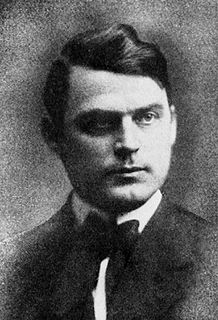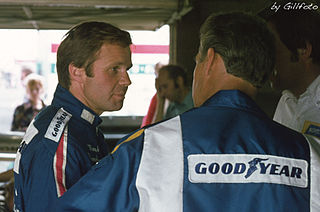A Quote by Kin Hubbard
Hon Editor Cale Fluhart was a power politically fer years, but he never got prominent enough t' have his speeches garbled.
Related Quotes
If the benevolent ruler stays in power long enough, he eventually concludes that power and wisdom are the same thing. And as he possesses power, he must possess wisdom. He becomes converted to the seductive thesis that election to public office endows the official with both power and wisdom. At this point, he begins to lose his ability to distinguish between what is morally right and what is politically expedient.
That is an editor. He is trying to think of a word. He props his feet on a chair, which is the editor's way; then he can think better. I do not care much for this one; his ears are not alike; still, editor suggests the sound of Edward, and he will do. I could make him better if I had a model, but I made this one from memory. But is no particular matter; they all look alike, anyway. They are conceited and troublesome, and don't pay enough.
If it's achievement that you place your value in, you're never going to achieve enough. If it's power, you always need to wield power over others. If it's money, you'll never be rich enough. But if you do something and are a part of what is happening, then you're always in it and it's always enough.

































